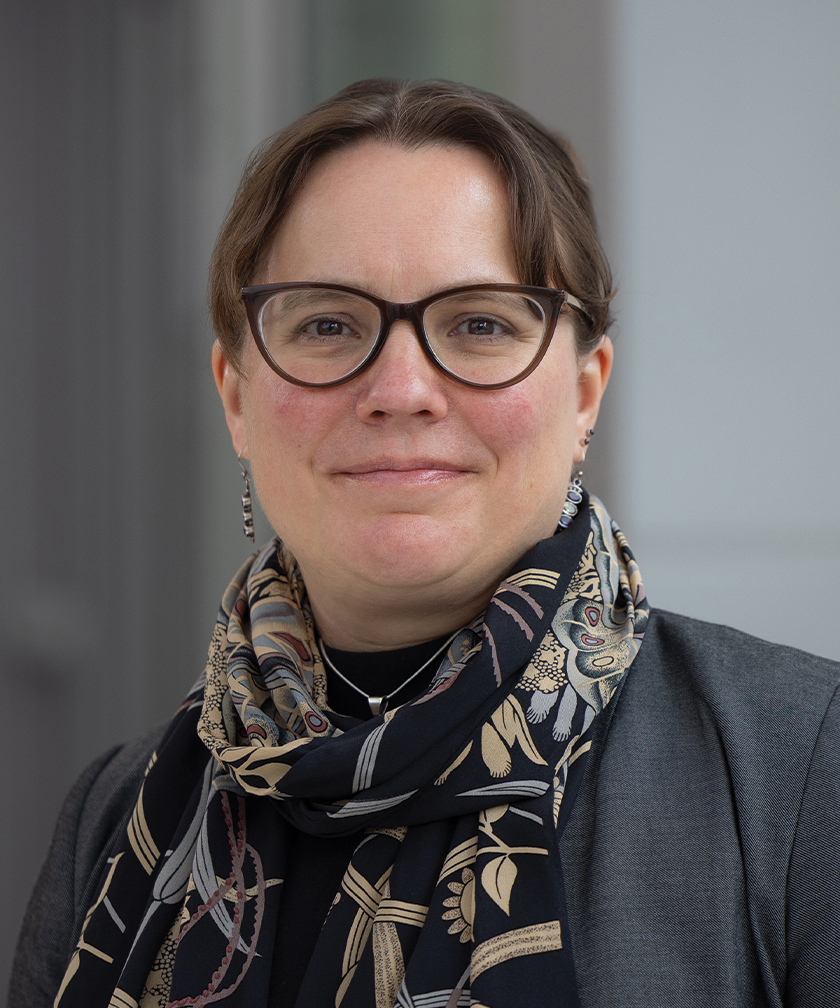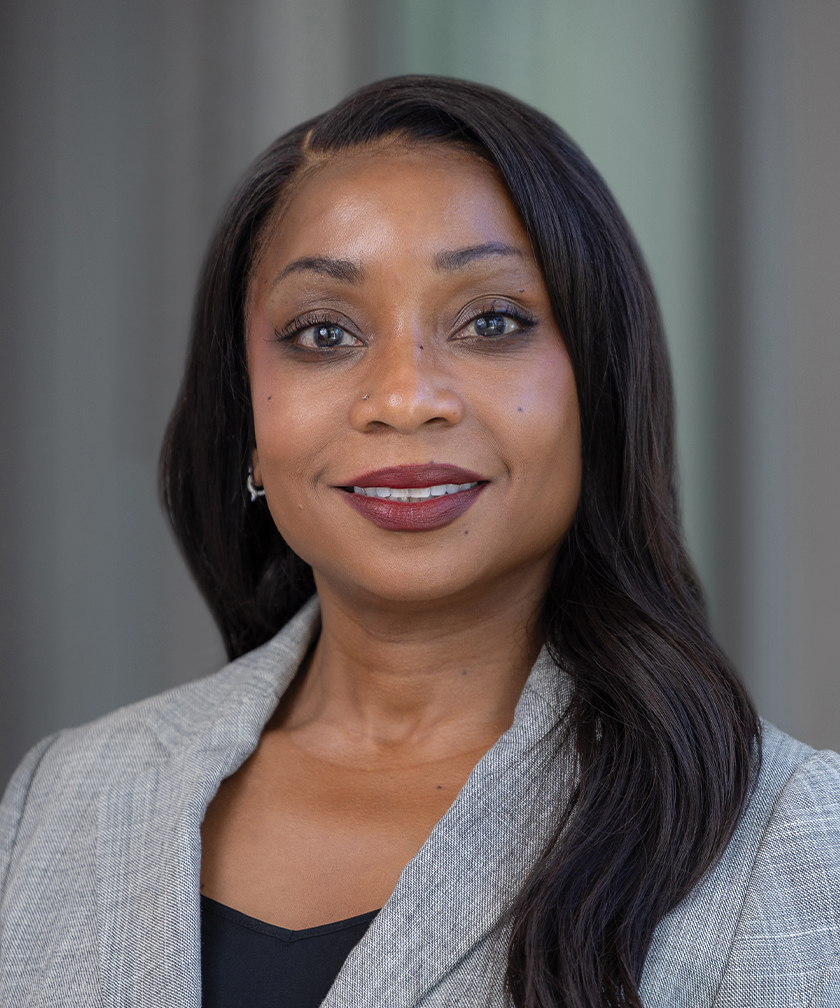Research & Scholarship
Researchers in the Department of Family and Social Medicine strive to improve the health of the communities and populations in the Bronx by addressing important social, clinical, epidemiological, health services, and health policy questions through research. Our efforts promote collaboration between academic and clinical departments and among community-based partners and other institutions to generate new knowledge.
Director
Earle C. Chambers, M.P.H., Ph.D.
Research Faculty
Karen A. Bonuck, Ph.D.
Elizabeth J. Chuang, M.D.
Kevin P. Fiori, M.D., M.P.H., M.S.
Clyde B. Schechter, M.D.
Peter A. Selwyn, M.D., M.P.H.
Cara S. Stephenson-Hunter, Ph.D.
Alvin H. Strelnick, M.D.
Andrew H. Telzak, M.D.
Research-Related Resources
The New York City Research and Improvement Networking Group (NYC RING)
The New York City Research and Improvement Networking Group (NYC RING) is a practice-based research network (PBRN) with access to research, data, clinical and administrative resources focused exclusively our Bronx community.
Institute for Clinical and Translational Research (ICTR)
The Harold and Muriel Block Institute for Clinical and Translational Research (ICTR) at Einstein and Montefiore, has been continuously funded since 2008 by a Clinical and Translational Science Award (CTSA) from the NIH National Center for Advancing Translational Sciences (NCATS). The ICTR is one of ~50 institutions comprising the national CTSA Consortium. The ICTR provides robust research infrastructure, including critical research cores and services, to promote the efficient translation of scientific discoveries into improved patient outcomes. It offers high-quality and comprehensive training and career development programs for current and future clinical and translational research professionals. The ICTR also fosters team-based collaborations and strong partnerships with the Bronx community, key stakeholders, and other CTSA hubs to overcome the barriers in turning discoveries in the laboratory, clinic, and community, into health benefits for all.
To access the ICTR resources you must submit a request through the request portal on the ICTR website:
(Note: Biostatistical consultation should be requested through the Biostatistics, Epidemiology & Research Design Core.)
New York Regional Center for Diabetes Translation Research (NY-CDTR)
The New York Regional Center for Diabetes Translation Research (NY-CDTR) is designed to provide a scientific environment that supports and accelerates growth and development for an outstanding research base devoted to diabetes translational research among investigators from multiple institutions and disciplines. (nycdtr.org) Through various collaborations the NY-CDTR provides core services, collaborative opportunities, enrichment programming, and pilot and feasibility funding. Across academic institutions, healthcare systems, community organizations, and health departments our goals are to increase the breadth and collaborative nature of diabetes translation research, enhance early stage investigator career development, and accelerate local and national impact on diabetes health for everyone.
To request a consultation or for information on Pilot and feasibility funding, you must submit your request through the CDTR website:
The National Center for Engagement in Diabetes Research (National CEDER)
The National Center for Engagement in Diabetes Research (CEDER) was established in 2023 to provide resources and services to community groups, researchers, healthcare systems, and other partners committed to advancing health across communities that are impacted by diabetes. CEDER’s consultation and studio services are designed to ensure diabetes-related research integrates multiple perspectives and priorities into all stages of the research process, maximizing impact and action. To request a consultation or community engagement studio, please submit a request through the CEDER website:
Family & Social Medicine Data Unit
The Department’s data unit is comprised of a core team of analysts devoted to clinical data curation activities for both research and clinical practice-related purposes. These activities primarily serve DFSM faculty across our 3 Divisions (Clinical, Education, and Research) and other Montefiore-Einstein clinical and research teams seeking informatics support. The data unit utilizes in-house expertise and resources to extract, manage, and analyze data from the Electronic Health Record (EHR) system, which houses patient records across all Montefiore facilities and its full spectrum of services and care delivery (inpatient, ambulatory, emergency, surgical, pharmacy, imaging, appointments, and more).
Faculty Division Research Resources (Internal Use Only)
The Research Division Faculty Resources page provides a central location for research-related departmental resources, reports, and recent presentations from the Family and Social Medicine Division of Research. DFSM Faculty and Staff can access resources at the link below when logged into a Montefiore Einstein AD account.
Research Fellowships and Programs
An NIH postdoctoral fellowship (2 years) in basic biomedical, clinical or epidemiological research in cardiovascular, lung and blood diseases (not cancer) and sleep disorders. Albert Einstein College of Medicine houses major research programs and datasets in asthma, cardiovascular disease, social determinants of health and lifecourse epidemiology, among others. A strong mentorship plan is in place and scholars will be paired with stellar mentors.
- Open to US citizens and permanent residents
- NIH postdoctoral fellowship stipend and other benefits.
- Health insurance
- Childcare benefits
- Research supplies
- Subsidized postdoctoral housing
- Program-related travel and tuition expenses (e.g., Biomedical Sciences Leadership Program, Masters in Clinical Research)
For more information or questions, please email mreznik@montefiore.org or carmen.isasi@einsteinmed.edu
Population Health and Health Systems Fellowship
The two-year fellowship in Population Health and Health Equity (PHHE) within the Department of Family and Social Medicine (DFSM) supports a period of intensive training and mentorship to early-career physicians who wish to pursue careers in investigator-initiated, hypothesis-driven research. Contact Dr. Earle Chambers (earle.chambers@einsteinmed.edu) for additional information.
Einstein DFSM-CUNY School of Medicine Summer Research Program
The Einstein DFSM-CUNY School of Medicine Summer Research Program provides an 8-week primary care research training opportunity to medical students enrolled at CUNY who demonstrate an interest in primary care and/or population health. Students are paired with a principal investigator (Pl) from DFSM, or other primary care departments at Montefiore Einstein who will guide and engage them in research activities on an assigned study or quality improvement project. Projects will expose students to research methods relevant to primary care and familiarize them with careers in academic medicine. The program involves a strong emphasis on mentorship and culminates in a final seminar in which students present briefly on their research projects and share reflections about their learning experiences. Contact Dr. Earle Chambers (earle.chambers@einsteinmed.edu) for additional information.
Clinical Research Training Program (CRTP)
The Master of Science (M.S.) in Clinical Research Methods is attained through the Clinical Research Training Program (CRTP). This intensive two-year program is designed for those pursuing a career in investigator-initiated, hypothesis-driven clinical research. The CRTP is a comprehensive program that combines didactic learning and coursework with a mentored research experience.









